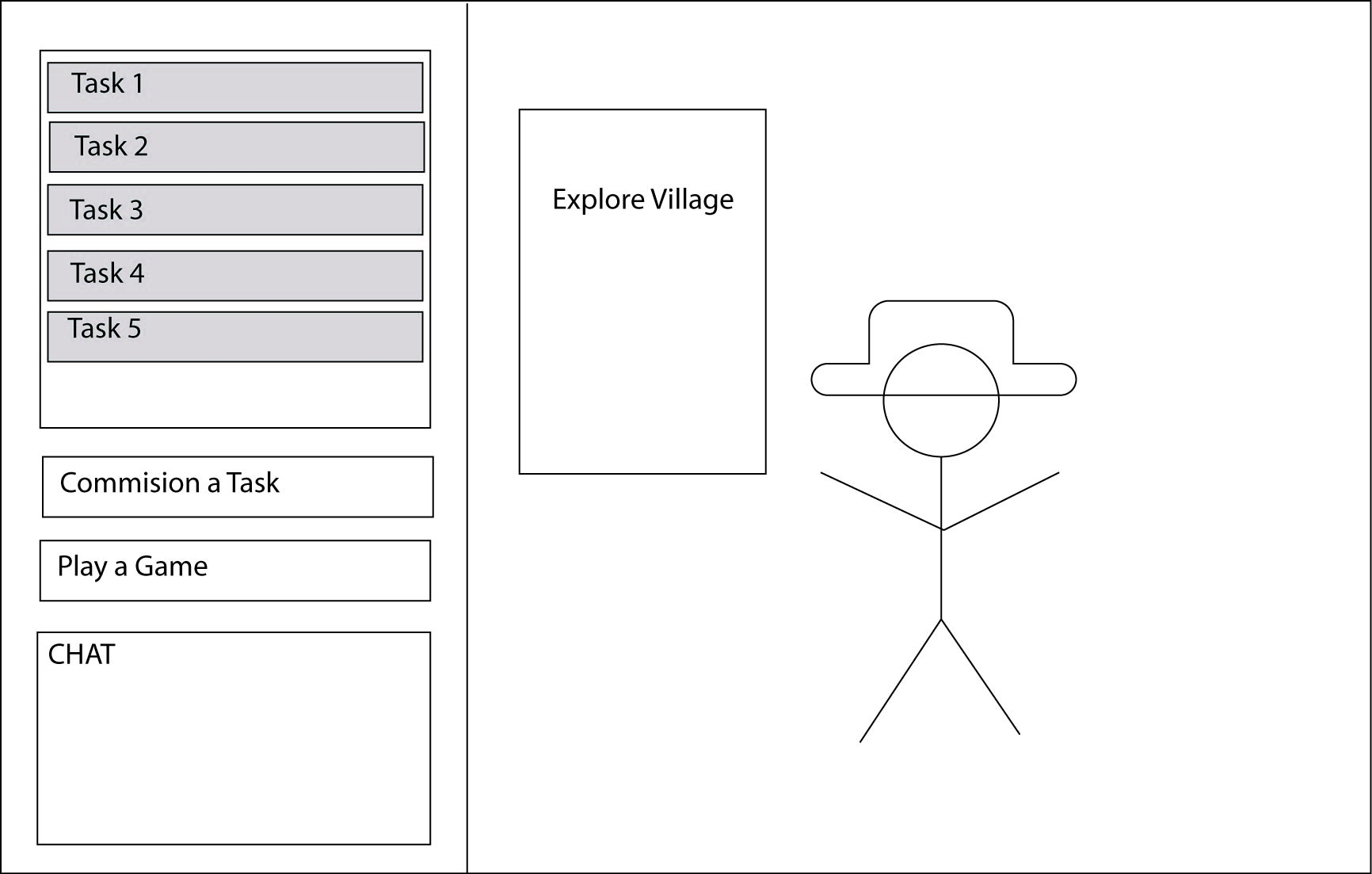ProjectProposal-CynthiaHsu
From CS 160 Fall 2008
Contents |
Target User Group
The target user group may include a diverse set of people, but the majority of the individuals targeted will likely be high school students or young college students either lacking motivation to learn material or having difficulty making career decisions either based on lack of exposure or lack of confidence in the skills necessary for alternative careers.
Problem Description
This project hopes to help alleviate three problems relevant to the education of many young adults today. First, it helps place the assorted list of topics about which they are learning in a coherent context, second, it introduces them to the skill sets needed for a variety of careers, and third, it provides a supportive forum in which they can ask questions and seek help in a low pressure environment.
Problem Context and Forces
Many high school students are focused on attaining the numbers necessary for getting into a good college; however, this often distracts them from the more relevant and long-term goal of what to do with their lives. The superficial nature of the goal "getting into a good college" makes learning seem more like a rote chore than something that is intrinsically entertaining. Moreover, many of the subjects that they learn seem like a barrage of eclectic topics - for example, math is taught in a sequence of geometry, algebra, trigonometry, and calculus, without emphasizing that the principles introduced in algebra and trigonometry can be later used for subjects that may be of interest to them later on, such as structural engineering or computer graphics.
Paradoxically, many of these same students who are very focused on learning for the wrong reasons are also often driven to games or online social interaction (AIM, facebook) as a means of escape from the stress. Thus, a game that serves as a low stress application of the concepts they are learning may help to simultaneously provide entertainment and help them to consider the context of and retain the information they are being taught in schools.
The games will also hopefully draw in students who are less motivated to learn and go to college (such as those in low income communities), by helping them see the applications of what they are learning.
This idea was largely inspired by several famous games, including Oregon Trail and Sim City. However, in contrast to these games, in which a player is expected to deal with all the problems that may occur, this game allows the player to assume very specific roles and thus learn a diversity of tasks that are relevant only to that role.
Solution Sketch
Context and Applications
The proposed solution is an MMORPG set in an alternative medieval/fantasy world. The purpose for this is to lend a more escapist and entertainment-like environment to the learning, as an environment too close to the real world will seem too much like real work and therefore less of a stress reliever. In addition, having a medieval style environment will make the concepts that the player is familiar with much more relevant - for example, in real world engineering, a student would have to have a substantial amount of college level physics and math to be able to begin comprehending solutions to the problems. In a medieval environment, it is much easier to apply a high school background of knowledge.
Roles and Career Skills
A player must first decide the role he/she wishes to play in this society - examples include a doctor, civil engineer, mechanical engineer, or a government leader. The player will also decide his appropriate level of knowledge (with the default being set to that of approximately a sophomore in high school).
The player is placed in a community and a particular building (Government Building, Hospital) based on the role chosen and assigned an "entry-level" status/level. This determines the difficulty level of the problems he will be assigned. A player can advance his status by two ways - first by answering a large number of questions correctly, and secondly by the helpfulness ratings he is given by other players.
Sample questions can be generated from either a database of questions or by other players. For example, a doctor might be asked to propose possible cures for a disease given the symptoms. Alternately, a government official might ask a civil engineer how much of each building material is required to repave the roads between all the major cities.
To prevent the game from appearing as an endless to-do list of tasks, the user will also be provided with other interactive experiences such as exploring the villages and playing less mentally intensive games.
Interaction
There are several ways that the players can interact with each other - one way is purely for entertainment purposes. They may observe each other while working or play games together, or simply chat about their day in game.
Alternately, there where also be a means for one player to signal when he or she needs help solving a particular problem. Because they are motivated to increase their helpfulness rating (and thus advancement), in game players can answer this signal by sending a message in game. This will facilitate the collaborative learning process.
To keep the game environment genuine and create a diversity of problems, the different roles will also be able to interact and commission the completion of tasks - for example, a doctor might ask for an engineer to design a stethoscope, or a farmer might commission a geologist to predict the future weather conditions.

